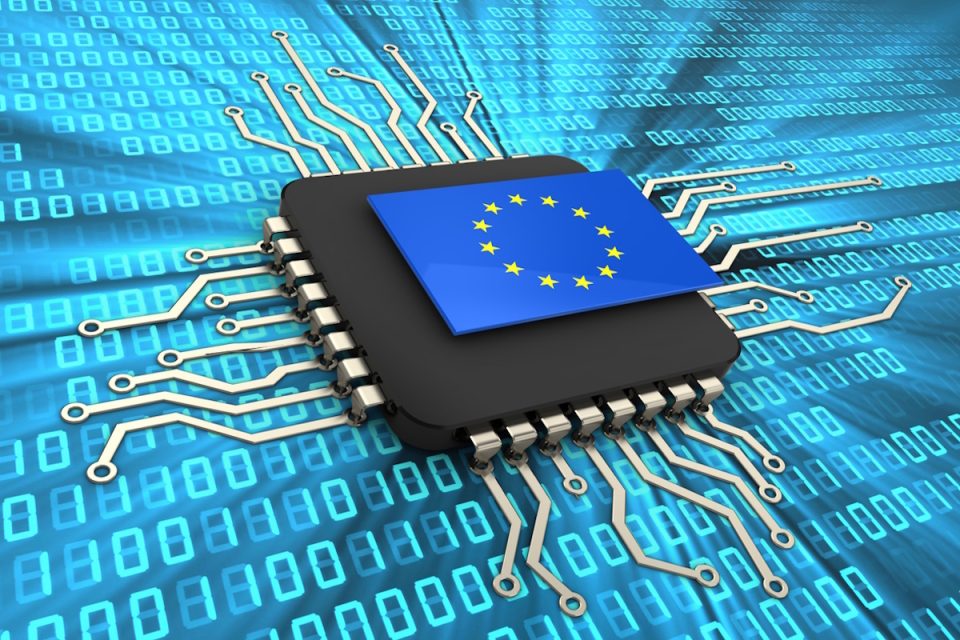In a bold move to accelerate artificial intelligence development, Europe is preparing to relax its regulatory stance on AI. French President Emmanuel Macron announced this strategic shift at the recent Paris AI Action Summit, signaling a new era for tech innovation across the continent.
The two-day summit, which concluded earlier this week, brought together global tech giants, politicians, and industry leaders to discuss the future of AI. Macron, often dubbed France’s “startup president,” outlined plans for a staggering $113 billion in private AI investment, showcasing France’s commitment to becoming a major player in the AI arena.
This pivot comes as Europe seeks to compete with the United States and China in the rapidly evolving AI landscape. The move follows significant AI initiatives from both superpowers, including the U.S. Stargate investment project and China’s DeepSeek startup.
However, the summit highlighted ongoing tensions between the need for regulation and the desire to foster innovation. U.S. Vice President JD Vance cautioned against overregulation, stating, “We face the extraordinary prospect of a new Industrial Revolution… But it will never come to pass if overregulation deters innovators from taking the risks necessary to advance the ball”.
Macron emphasized the importance of international governance in AI, suggesting that clear rules are necessary to build trust and accelerate innovation. The French leader’s stance reflects a broader European sentiment that balanced regulation can coexist with technological progress.
Despite the push for eased regulations, some experts remain skeptical. David Leslie, director of ethics and responsible innovation research at The Alan Turing Institute, expressed concerns that the summit’s declaration didn’t adequately address real-world risks and harms associated with AI.
The European Union is still set to implement key aspects of its AI Act in 2025. February will see the enforcement of prohibitions on AI systems deemed to pose unacceptable risks, such as social scoring systems. By August, requirements for general-purpose AI models will take effect, aiming to ensure safe and trustworthy AI systems.
As Europe recalibrates its approach to AI regulation, the continent is positioning itself as an attractive destination for AI development and investment. This move could potentially reshape the global AI competitive landscape, offering new avenues for growth and innovation in the tech sector.

